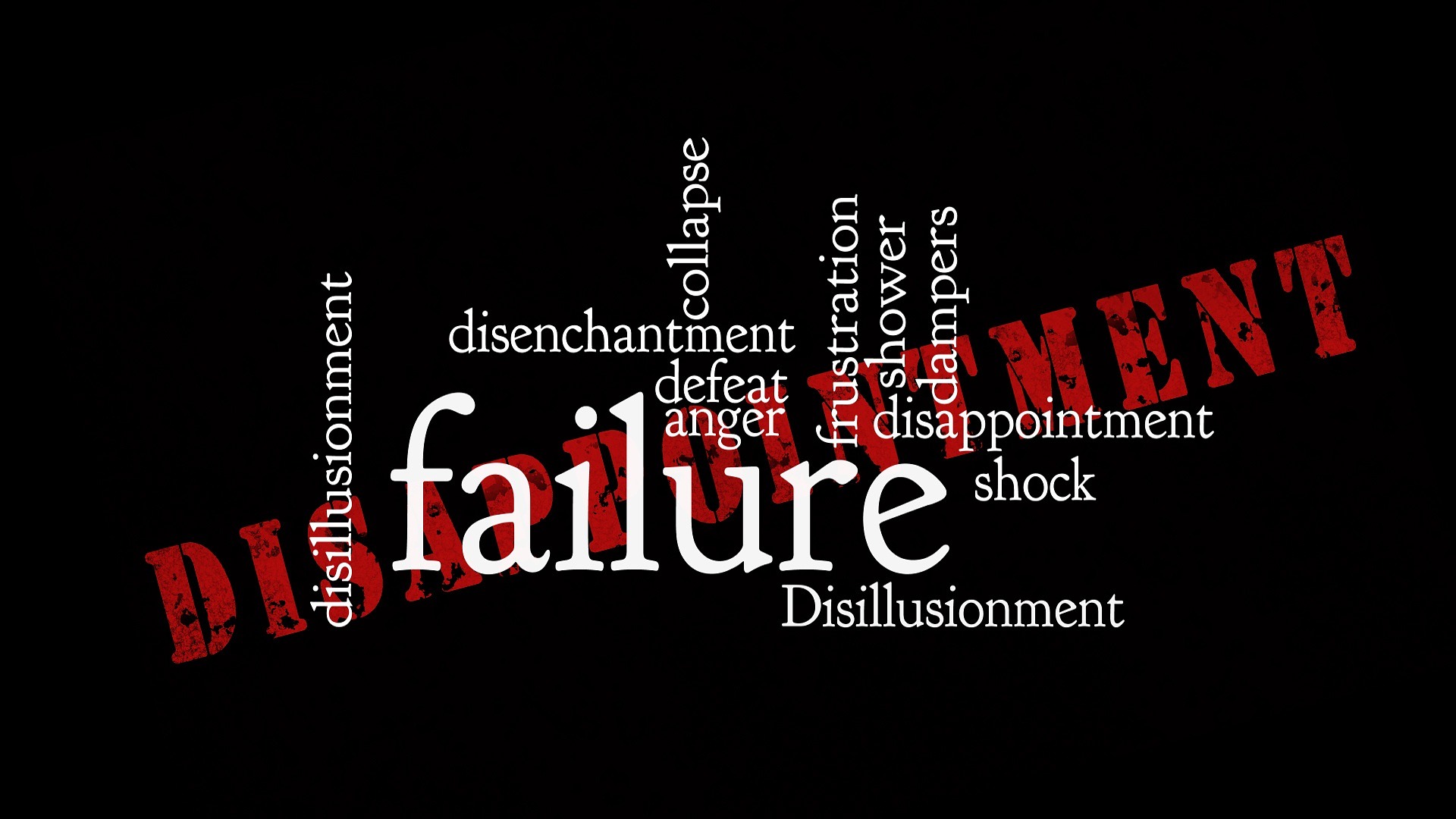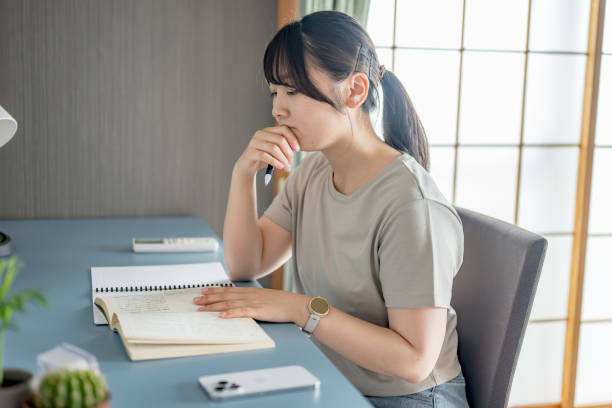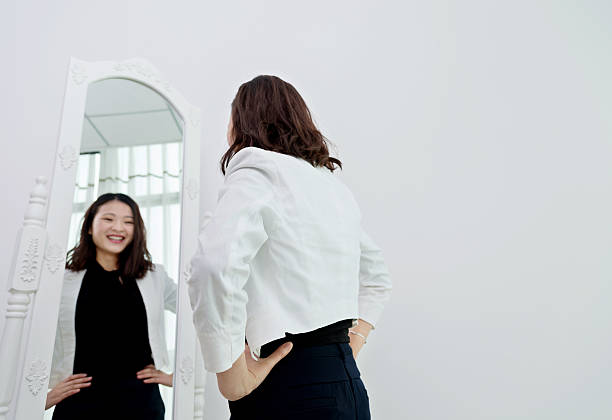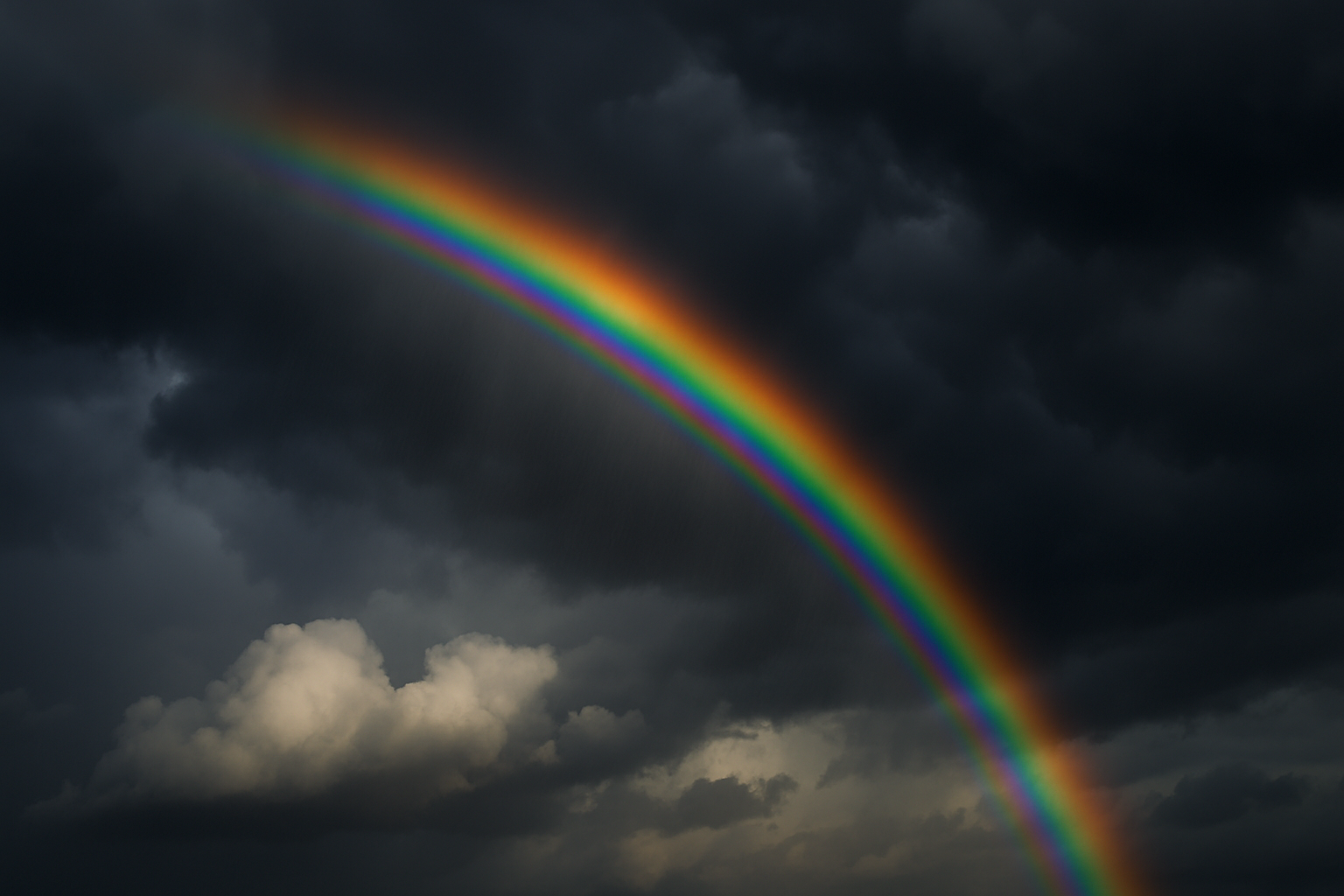Your cart is currently empty!

I was just 10 years old when I was diagnosed with epilepsy—a time when most kids are focused on playing games, making friends, and learning about the world with wide-eyed curiosity. For me, though, everything changed with that one word: epilepsy. I didn’t understand what it meant back then, not really. All I knew was that something was happening in my brain that I couldn’t control, and it terrified me. One day I was a “normal” child, and the next I was being told I had a medical condition that would affect the rest of my life.
The frustration began almost immediately. I didn’t feel sick. I wasn’t in pain all the time. But the seizures came anyway—without warning, without pattern, and without mercy. I hated not knowing when the next one would strike. I hated the looks people gave me when they found out. I hated how some of the adults around me whispered as if I was broken or fragile. I wasn’t fragile—I was frustrated, angry, and confused.
Doctors tried to explain what was happening in words far too big for a 10-year-old to grasp. Terms like “neurological disorder” and “abnormal electrical activity” didn’t make sense to me. What I understood was fear: the fear of waking up on the floor, the fear of missing out on school trips or sleepovers, the fear of being different. It was a fear that slowly turned into silence. I stopped talking about it. I didn’t want to be the kid with epilepsy. I just wanted to be me.
The medications made things worse in many ways. Side effects hit hard. Some made me tired all the time. Others made it hard to concentrate in class. And when one didn’t work, we’d try another. It felt like a constant experiment. No one seemed to have the answers, and that only added to the frustration. I didn’t know how to explain what I was going through, even to people who cared about me. The more I struggled to be understood, the more isolated I felt.
Looking back now, I realize how strong I was even then. But as a child, all I felt was that life was unfair. I didn’t want special treatment. I just wanted to be included. I wanted to be understood. And most of all, I wanted my freedom back—the freedom to live without fear, to dream big, and to be a kid again.
Being diagnosed at 10 was the beginning of a long journey, one filled with pain, but also strength. The frustration that grew inside me during those early years would eventually become fuel—a fire that helped me rise, stand tall, and fight for the life I wanted. But at 10, all I knew was confusion. All I felt was the weight of a diagnosis I never asked for and a future that suddenly seemed uncertain.



